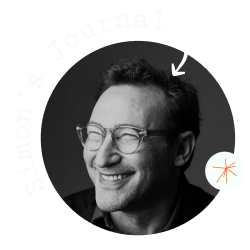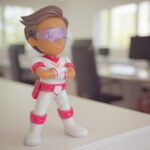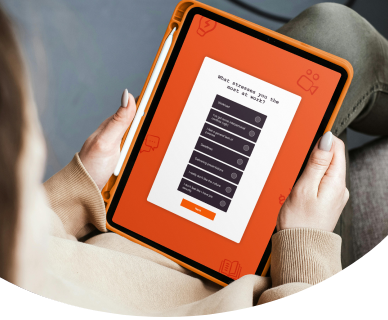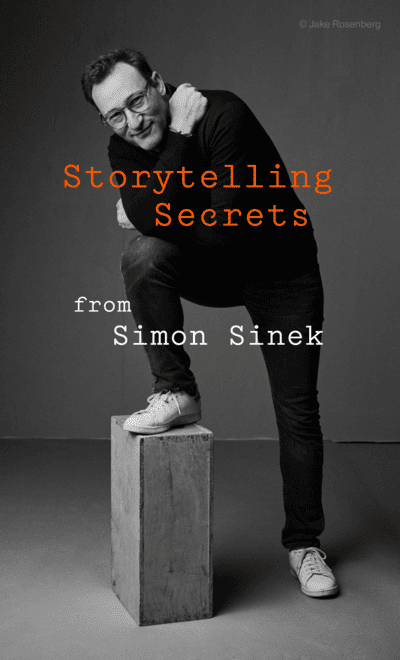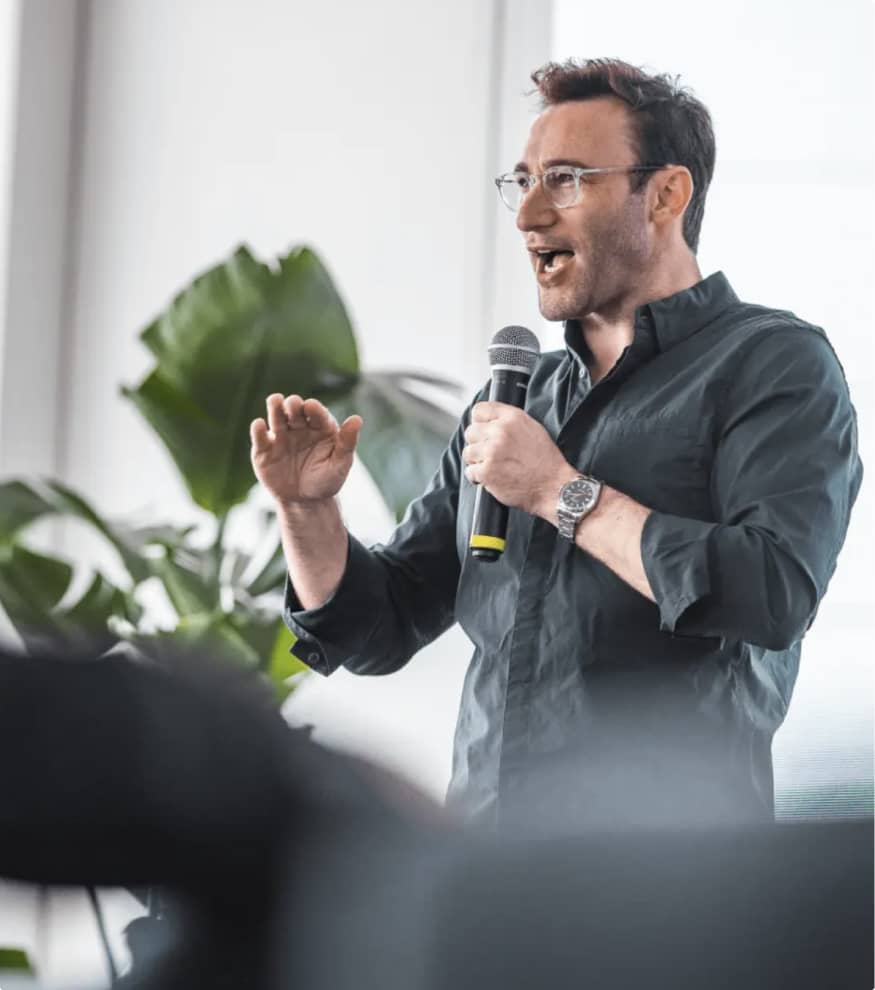It’s hard enough that we have to talk about our strengths to others, but our weaknesses? That’s just the worst.
Even more confounding, we’re only asked to talk about our weaknesses and our strengths in an interview, but after we get the job, we’re rarely ever asked to talk about what makes us so great again. Our weaknesses, however, seem to come up in every time we make a mistake or something goes wrong. So instead of learning to talk about what makes us great, it seems more valuable to learn how to talk about what holds us back if, for no other reason, it can help us move forward.
There are two very common mistakes we make when answering the question, “what’s your biggest weakness?” In an attempt to be clever or even be honest, we can end up doing ourselves more harm than good.
1. Replacing a weakness with a strength
This one is very common. “What’s your biggest weakness?” the interviewer asks. “My biggest weakness is I’m a perfectionist,” we respond thinking we’ve outwitted the interviewer or dodged a bullet. Ironically, by not answering the question, we are making it more difficult for the interviewer, if they hire us, to put us in a position of strength. In other words, in an attempt to sound strong we increase the likelihood of being weak.
2. A little too honest
Some people when asked, “what’s your biggest weakness,” get straight into the thick of it, “I’m really disorganized. It’s really the thing that holds me back sometimes.” Though I appreciate the honesty, the answer lacks context. We may as well look someone in the eye and say, “I’m not the person you’re looking for because you can’t rely on me.”
The best way to talk about our weaknesses is to be honest about them, for sure, but in the context of the balancing strength. Here’s what I mean:
“What’s your biggest weakness?”
“I do my best work in a team. There is nothing I love more than working with others, the back and forth of ideas. I love it. In contrast, you won’t get the best work out of me if I’m always on projects that require me to work alone.”
Here’s another example:
“I’m the one who’s always looking into the future. Where others are working to figure out what we need to do tomorrow, I’m already looking for opportunities on the horizon – six months, a year, sometimes five years ahead. Organizations with a desire to innovate and go far for a long time love that about me. The flip side is I can be a little disorganized with what I need to do today or tomorrow.”
Everything in the world is balanced. For every weakness we have, we have a strength that explains or provides context for that weakness. Both these examples offer honest answers to the question but do so within the context of why that weakness exists. The result? We’re more likely to be seen as trustworthy because we’re willing to offer an honest answer to vulnerable questions and, more importantly, the person listening to us is more likely to put us in a job that highlights our strengths and mitigates our weaknesses…which is good for us and good for them.
Knowing how to talk about our weaknesses, it turns out, can be one of our greatest strengths.
